ABOVE: Professor Zeev Rotstein of Tel Hashomer Hospital said on Thursday that there was “some critical malfunction” of Sharon’s organs

JERUSALEM – Former Israeli Prime Minister Ariel Sharon, who has been in a coma for eight years, was in critical condition on Thursday, clinging to life after a decline in the functioning of various bodily organs, his doctors said.
Dr. Zeev Rotstein, director of Tel Hashomer hospital, said Sharon’s condition had deteriorated over the past two days and that a number of vital organs, including his kidneys, were suffering from “critical malfunction.” His family was at his bedside, he added.
“He is in critical condition and his life is definitely in danger,” Rotstein told reporters at the hospital, just outside Tel Aviv. “The feeling of the doctors treating him and also that of the family with him is that there is a turn for the worse.”
READ MORE: Former First Lady Barbara Bush hospitalized in Texas
Israeli TV stations were broadcasting live from the hospital where they reported all the comings and goings while special retrospectives on his life were aired along with interviews with old friends and political allies. Old interviews with his were shown, highlighting the charming, grandfatherly image he cultivated later in life. Sharon’s medical condition also dominated the front pages of newspapers and radio shows all day.
The 85-year-old Sharon, one of Israel’s most iconic and controversial figures, has been in a coma since suffering a devastating stroke in January 2006. At the time, he was prime minister and at the height of his political power. His condition has largely been out of the spotlight since, as his two sons have cared for him while restricting most access to outsiders.

Get breaking National news
WATCH: US Secretary of State John Kerry says his thoughts are with the family of Ariel Sharon
Sharon’s career has stretched across Israel’s 65-year history.
As one of Israel’s most famous generals, Sharon was known for bold tactics and an occasional refusal to obey orders. As a politician he became known as “the bulldozer” – a man contemptuous of his critics while also capable of getting things done.
READ MORE: Kerry to return to Middle East to prod Israel and Palestinians to forge peace deal
Sharon is credited with helping turn the tide of the 1973 Mideast war when Arab armies launched a surprise attack on Israel on the solemn fasting day of Yom Kippur, causing large Israeli casualties. He led an Israeli force across the Suez Canal, trapping part of the Egyptian army and turning the war in Israel’s favour.
GALLERY: Sharon over the years
He engineered Israel’s 1982 invasion of Lebanon, and lost his job as defence minister after an Israeli-allied Christian militia killed hundreds of Palestinians at refugee camps in west Beirut, sparking international outrage.
A prominent hard-line voice over the decades, he was elected prime minister in 2001.
In mid-2005, he directed a unilateral withdrawal of Israeli troops and settlers from the Gaza Strip, ending a 38-year military control of the territory. It was a shocking turnaround for a man who had been a leading player in building Jewish settlements in captured territories.
He later bolted from his hard-line Likud Party and established the centrist Kadima Party. It seemed he was on his way to an easy re-election when he suffered the stroke in January 2006. His deputy, Ehud Olmert, took over and was elected prime minister a few months later.
Sharon had a first, small stroke in December 2005 and was put on blood thinners before experiencing a severe brain hemorrhage on Jan. 4, 2006.
After spending months in the Jerusalem hospital where he was initially treated, Sharon was transferred to the long-term care facility at Tel Hashomer hospital. He was taken home briefly at one point but was returned several days later to the hospital, where he has been since.
Although Sharon never regained full consciousness, his family has said he occasionally blinks his eyes and moves his fingers.

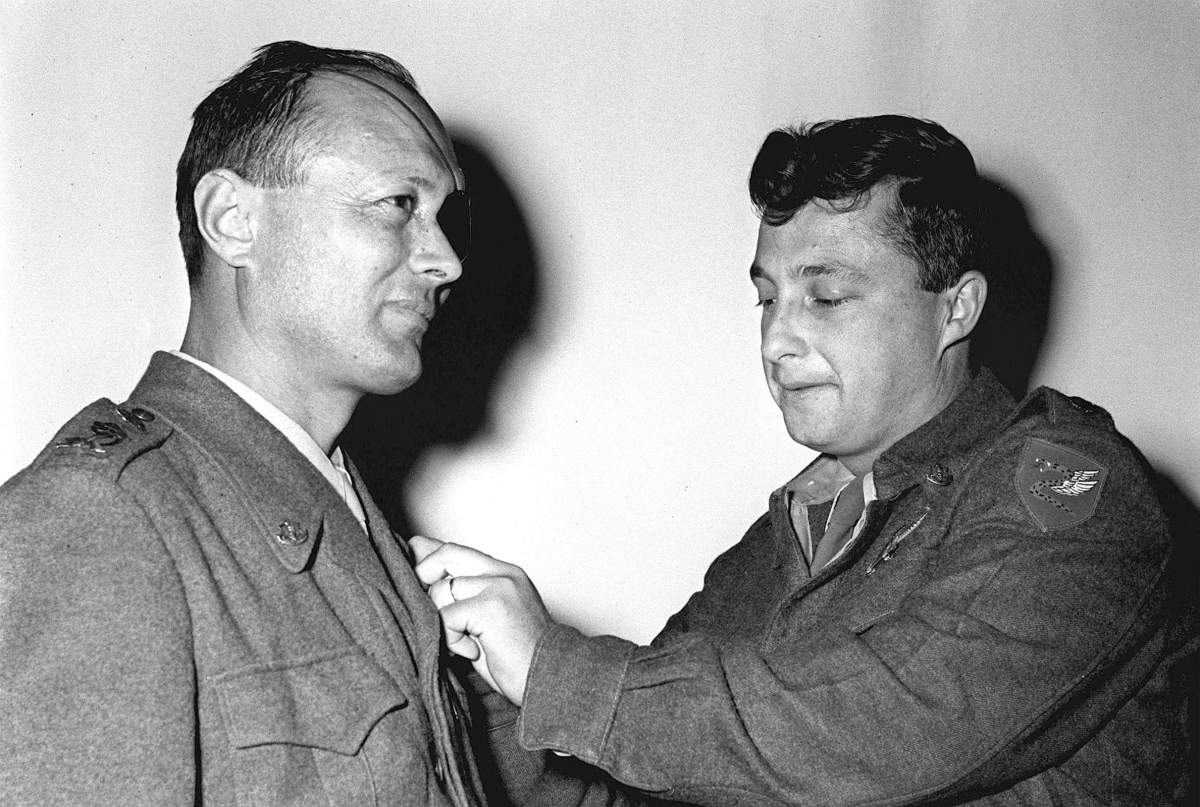



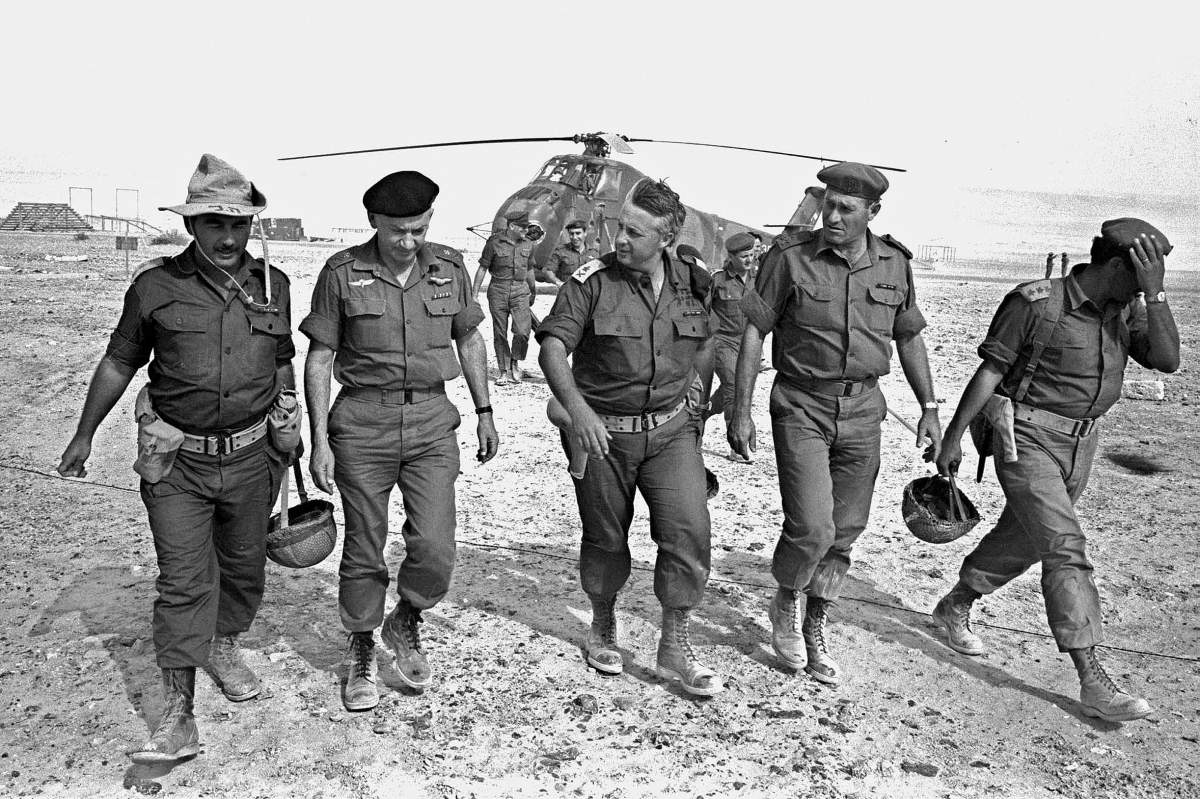

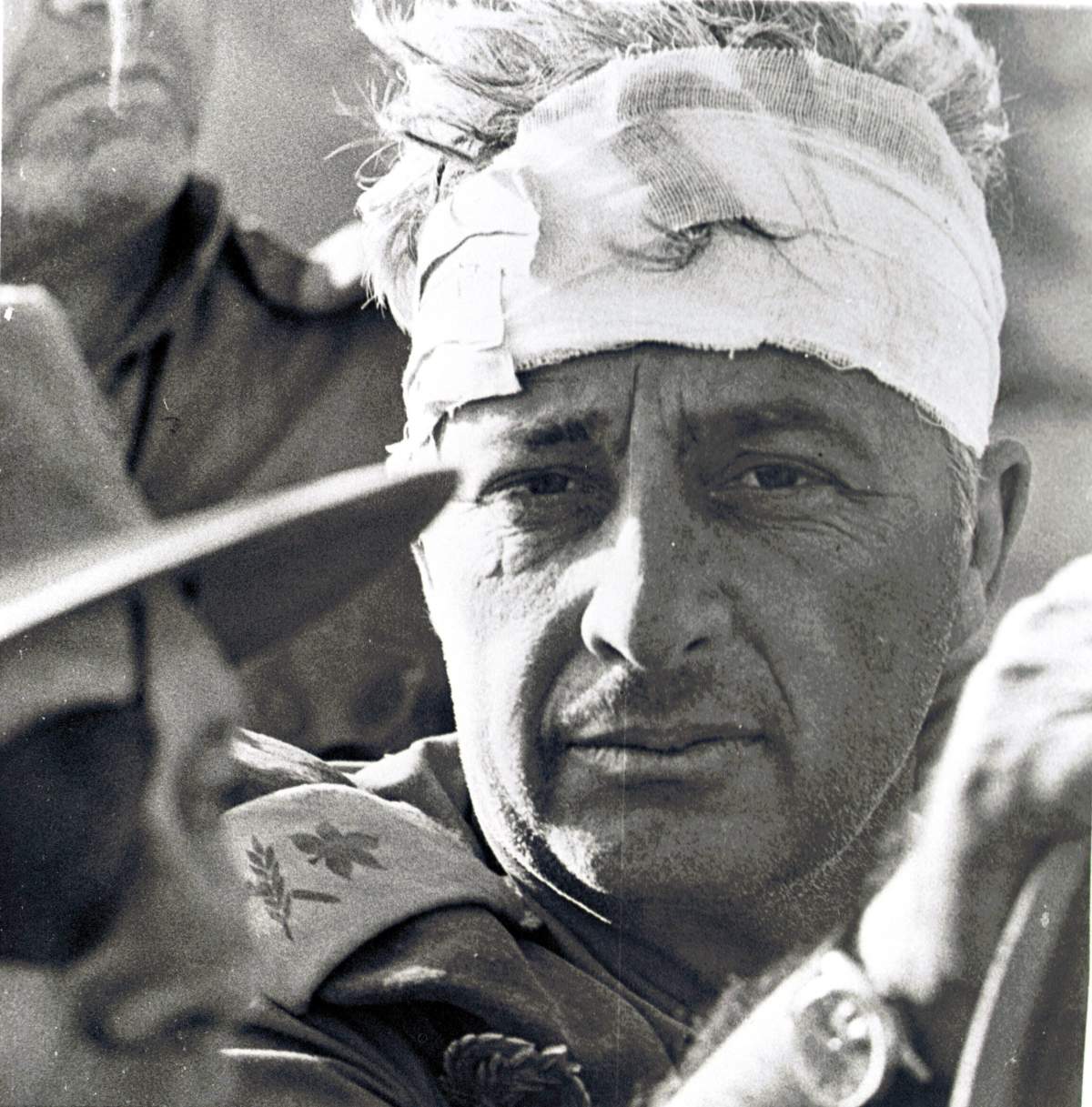

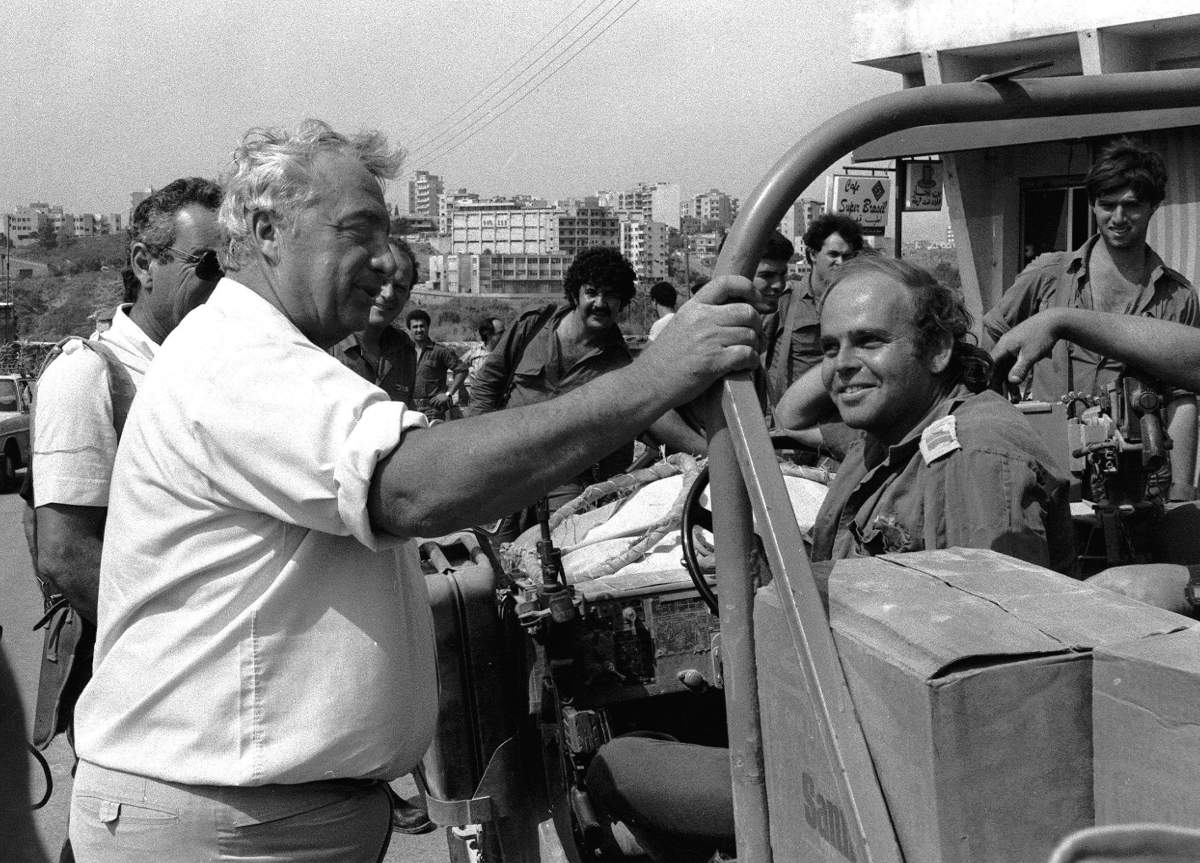

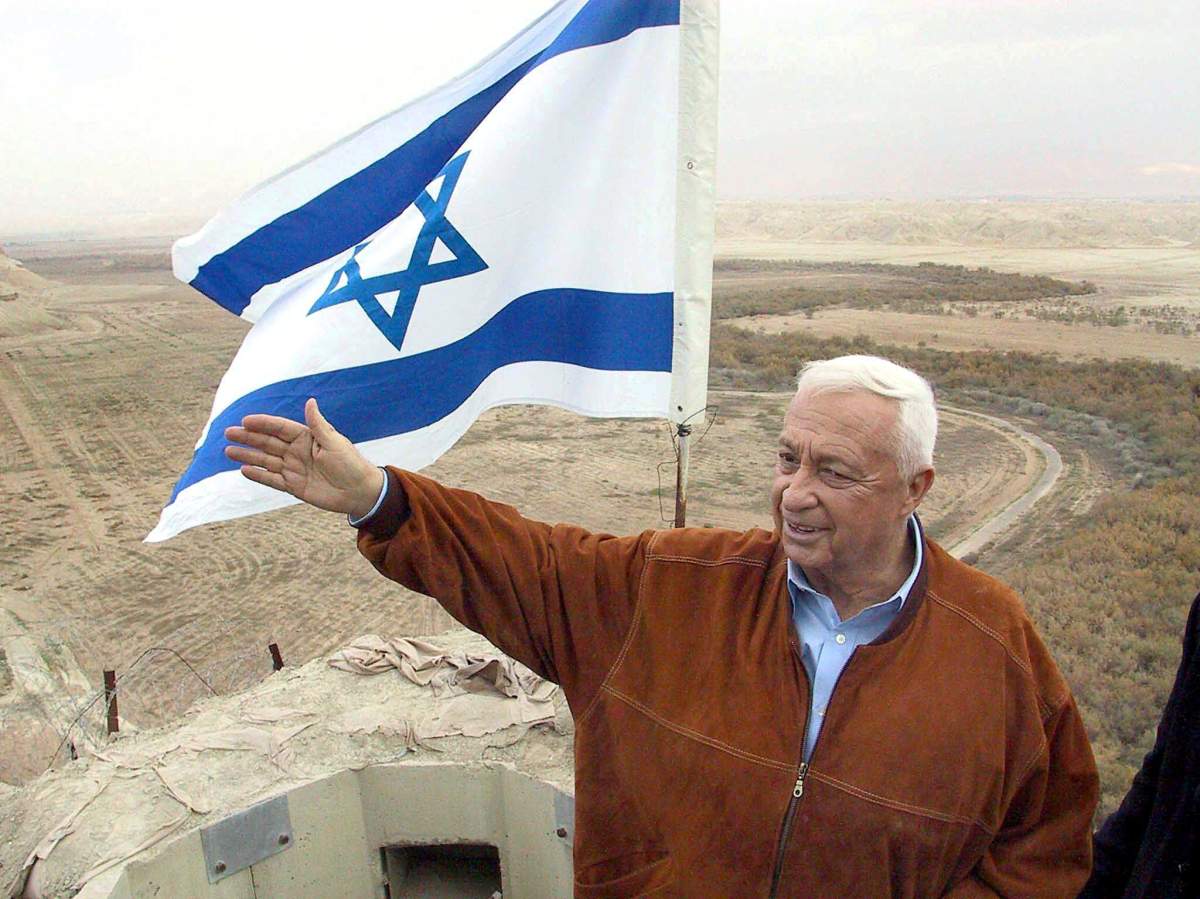




Comments